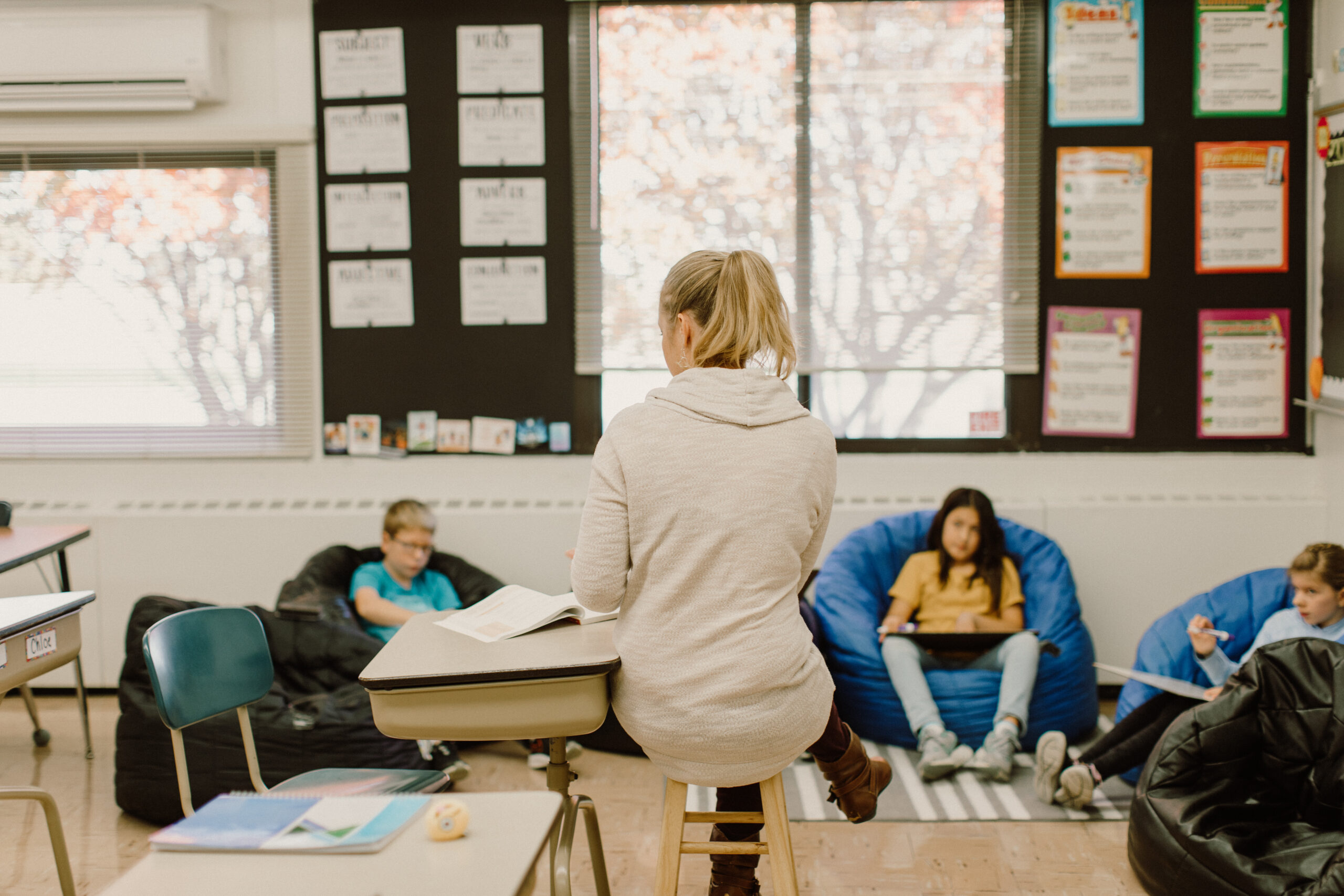This article is a compilation of articles from the Christian Deeper Learning blogs and various articles first published by CACE.
In the Fall of 2023, the leaders of the Christian Deeper Learning (CDL) network approached Christian Schools International about taking on CDL as a way to improve schools. We at CSI noticed that the mission of CDL, to promote teaching practices that invite and equip students to be people of God’s story, engaged in real work that forms self and shapes the world, and its focus on learning, faith, and service aligned very well with our hope for students. Bringing together Christian educators who desire to engage students deeply in learning, help them discover who they are as image bearers of God, and help them find their place in God’s story is at the heart of our work.
What Is Deeper Learning?
The reimaging of schools has been taking place by innovative educators for more than twenty years. As they learned about needed student outcomes for work and life, insights on how students learn, standards reform, personal digital technology, authentic work, etc., these educators grappled with how to translate this knowledge into workable teaching and learning models. The Hewlett Packard Foundation brought some of these groups together and first coined the term “Deeper Learning” in 2010. They described “a set of competencies students would need to compete globally and to become engaged citizens at home in the 21st century.” HPF’s first four competencies, often called the 4 C’s, are content, collaboration, critical (and creative) thinking, and communication. For those of us who have been in Christian education for a while, those 4 C’s became the buzz words for 21st Century learning.
As Christian educators, the imagineers of Christian Deeper Learning, Dan Beerens and Steven Levy, chose to incorporate the term “Deeper Learning” because of its commonly understood meaning. Their desire was, and CSI’s continues to be, to invite educators to think more deeply about the connection between their core values and their practices to then explore ways of uniting them more consistently in the context of Christian schools. The first conference in 2018 drew about 150 people to Gainesville, Florida. Since then, there has been increasing interest of the Christian education community in the vision of Christian Deeper Learning (CDL) and what it looks like to manifest this vision in our schools and classrooms. God brings us together to renew our passion, reimagine our practices, and reflect on the relationship between our values and our habits. In fact, Christian Schools Canada hosts a CDL conference each year in conjunction with their annual conference.
What is CDL (Christian Deeper Learning)?
Over the years, a number of Christian educators and schools have been implementing what we now call Christian Deeper Learning. These institutions have begun to network more intentionally for collaboration, learning, and mutual encouragement. Coming together from across existing organizations, networks, and denominational boundaries, Christian school educators have united in a desire to educate children in ways that honor them as image bearers, ground them in The Story, and inspire them to live out Christlikeness in serving neighbors and caring for creation.
Participants in past conferences have described CDL as the concept of real work meeting the needs of real people and of immersing students in God’s story as they explore and partner with him to redeem the good world he made. Two things are at the heart of this: for students to be deeply engaged in learning and for them to find their place in God’s redemptive story for his world. We have attempted to spell out our core beliefs and shared principles in a document called “Deeper Learning in Christian Schools: Playing Our Part in God’s Story.”
Why Deeper Learning?
What does it mean to approach learning as participation in “God’s story?” Learning in God’s story is not primarily about content but about experience. Our participation is not only about what we think but also about our deepest hopes for ourselves and the world in light of God’s Story. So then, we have to ask ourselves a question. Does our Christian faith go beyond phrases like the “integration of faith and learning” or “teaching from a Christian worldview” to teaching in a way where our faith informs our pedagogy?
As we reflect on our practices, we may see gaps between our faith and our methods. If we are honest, we may have nagging feelings that we are not moving toward that ultimate mission through fully aligning our faith/beliefs and how we educate:
-
- Does the way I organize my class (curriculum, instruction, assessment, and culture) honor my students as image bearers of our Creator?
-
- Are my students really engaged in the work I assign, or are we both going through the motions of what we imagine school is “supposed to be?”
-
- Have I made compromises in my practices? Am I focusing too much on individual student success and keeping parents/admin happy, doing it “the way it has always been What can I do to explicitly and implicitly focus my classroom on loving God and our neighbors?
Exciting Future Plans
Many member schools in the Christian Schools International network have been part of past CDL conferences. CSI is very excited about and takes very seriously the charge to continue building a network of schools committed to bringing together Christian educators who desire to engage students deeply in learning, help them discover who they are as image bearers of God, and help them find their place in God’s story. We do that by encouraging innovative practices and various design models that provide opportunities for teachers and school leaders to have deep conversations about what it means to teach “Christianly” and put God’s Word into action. CSI’s first Christian Deeper Learning Conference, Making Creation Integral, will be held on February 24, 2025 as a pre-conference of Converge 2025 at Creation Village World School in Celebration, Florida. This will be an excellent opportunity to explore what Deeper Learning means in a Christian context, providing opportunities to learn from national-level professionals, network with others, and mutually encourage each other in their professional work.

